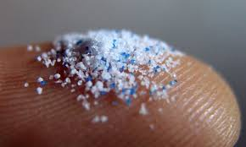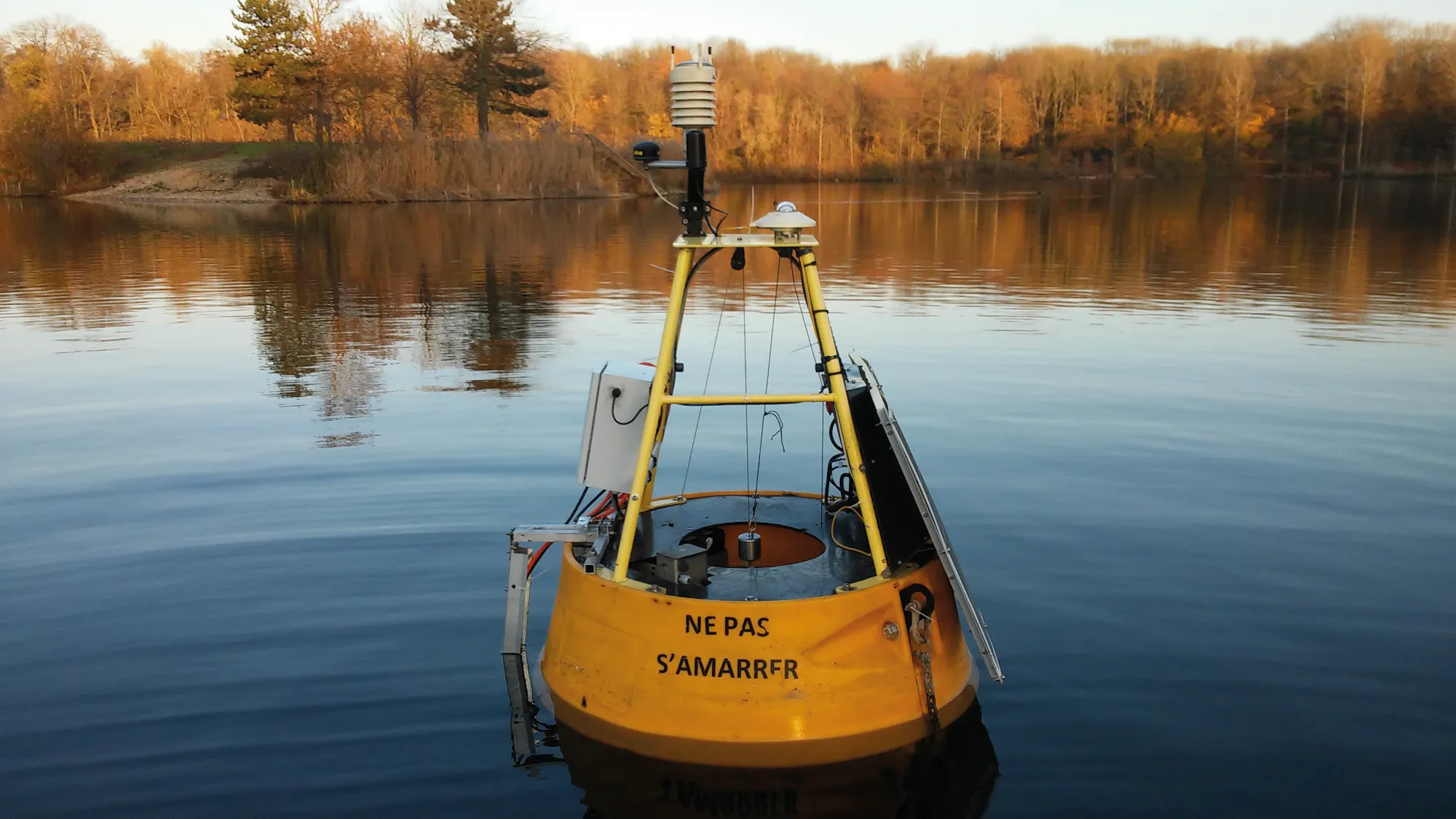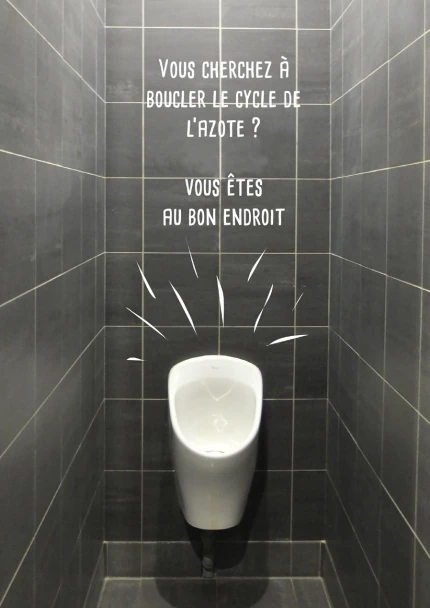- Recrutements
- Contacts
- Annuaires
- Choix du langage :
Dernières publications
935.
- titre
- Assessing water quality restoration measures in Lake Pampulha (Brazil) through remote sensing imagery
- auteur
- Alexandre Assunção, Talita Silva, Lino de Carvalho, Brigitte Vinçon-Leite
- article
- Environmental Science and Pollution Research, 2025, ⟨10.1007/s11356-025-35914-6⟩
- titre
- Do suspended particles matter for wastewater-based epidemiology?
- auteur
- Gauthier Bernier-Turpin, Régis Moilleron, Chloé Cenik, Fabrice Alliot, Sabrina Guérin-Rechdaoui, Thomas Thiebault
- article
- Water Research, In press, 280, pp.123543. ⟨10.1016/j.watres.2025.123543⟩
- titre
- Plastic debris dataset on the Seine riverbanks: up to 38 000 pre-production plastic pellets reported per square meter
- auteur
- Romain Tramoy, Laurent Colasse, Johnny Gasperi, Bruno Tassin
- article
- Data in Brief, 2025, pp.111735. ⟨10.1016/j.dib.2025.111735⟩
- titre
- La persistance des champs d’épandage d’eaux usées de l’agglomération parisienne au cours du second XXe siècle
- auteur
- Etienne Dufour
- article
- Métropolitiques, 2025, ⟨10.56698/metropolitiques.2174⟩
- titre
- Stock and vertical distribution of microplastics and tire and road wear particles into the soils of a high-traffic roadside biofiltration swale
- auteur
- Max Beaurepaire, Tiago de Oliveira, Johnny Gasperi, Romain Tramoy, Mohamed Saad, Bruno Tassin, Rachid Dris
- article
- Environmental Pollution, 2025, 373, pp.126092. ⟨10.1016/j.envpol.2025.126092⟩
New York Times : Fighting ‘Les Pipis Sauvages’ With Public Urinals
publié le , mis à jour le

The New York Times : Fighting ‘Les Pipis Sauvages’ with Public Urinals (3 February 2017)
In cities the world over, men (and, to a lesser extent, women) who urinate in the street — al fresco — are a scourge of urban life, costing millions of dollars for cleaning and the repair of damage to public infrastructure. And, oh, the stench.
Now, Paris has a new weapon against what the French call “les pipis sauvages” or “wild peeing” : a sleek and eco-friendly public toilet. Befitting the country of Matisse, the urinal looks more like a modernist flower box than a receptacle for human waste.
You can even grow flowers in its compost.
The Parisian innovation was spurred by a problem of public urination so endemic that City Hall recently proposed dispatching a nearly 2,000-strong “incivility brigade” of truncheon-wielding officers to try to prevent bad behavior, which also includes leaving dog waste on the street and littering cigarette butts. Fines for public urination are steep — about $75.
Even that was not deterrent enough, officials say. A small brigade of sanitation workers still has to scrub about 1,800 square miles of sidewalk each day. And dozens of surfaces are splattered by urine, according to City Hall.
Enter the boxy Uritrottoir — a combination of the French words for “urinal” and “pavement” — which has grabbed headlines and has already been lauded as a “friend of flowers” by Le Figaro, the French newspaper, because it produces compost that can be used for fertilizer. Designed by Faltazi, a Nantes-based industrial design firm, its top section also doubles as an attractive flower or plant holder.
The Uritrottoir, which has graffiti-proof paint and does not use water, works by storing urine on a bed of dry straw, sawdust or wood chips. Monitored remotely by a “urine attendant” who can see on a computer when the toilet is full, the urine and straw is carted away to the outskirts of Paris, where it is turned into compost that can later be used in public gardens or parks.
Fabien Esculier, an engineer who is known in the French media as “Monsieur Pipi” because of his expertise on the subject, said the Uritrottoir was more eco-friendly than the dozens of existing public toilets which dot the capital and are connected to the public sewage system.
“Its greatest virtue is that it doesn’t use water, and produces compost that can be used for public gardens and parks,” he said.
So far, Paris’s Gare de Lyon, a railway station that has become ground zero in the capital’s war against public urination, has ordered two of the toilets, which were installed on Tuesday outside the station, and the SNCF, France’s state-owned national railway, says it plans to roll out more across the capital if the Uritrottoir is a success.
“I am optimistic it will work,” said Maxime Bourette, the SNCF maintenance official who ordered the toilets for the railway. “Everyone is tired of the mess.”









 Productions scientifiques
Productions scientifiques Moyens techniques et équipements
Moyens techniques et équipements Expertise et disciplines
Expertise et disciplines



